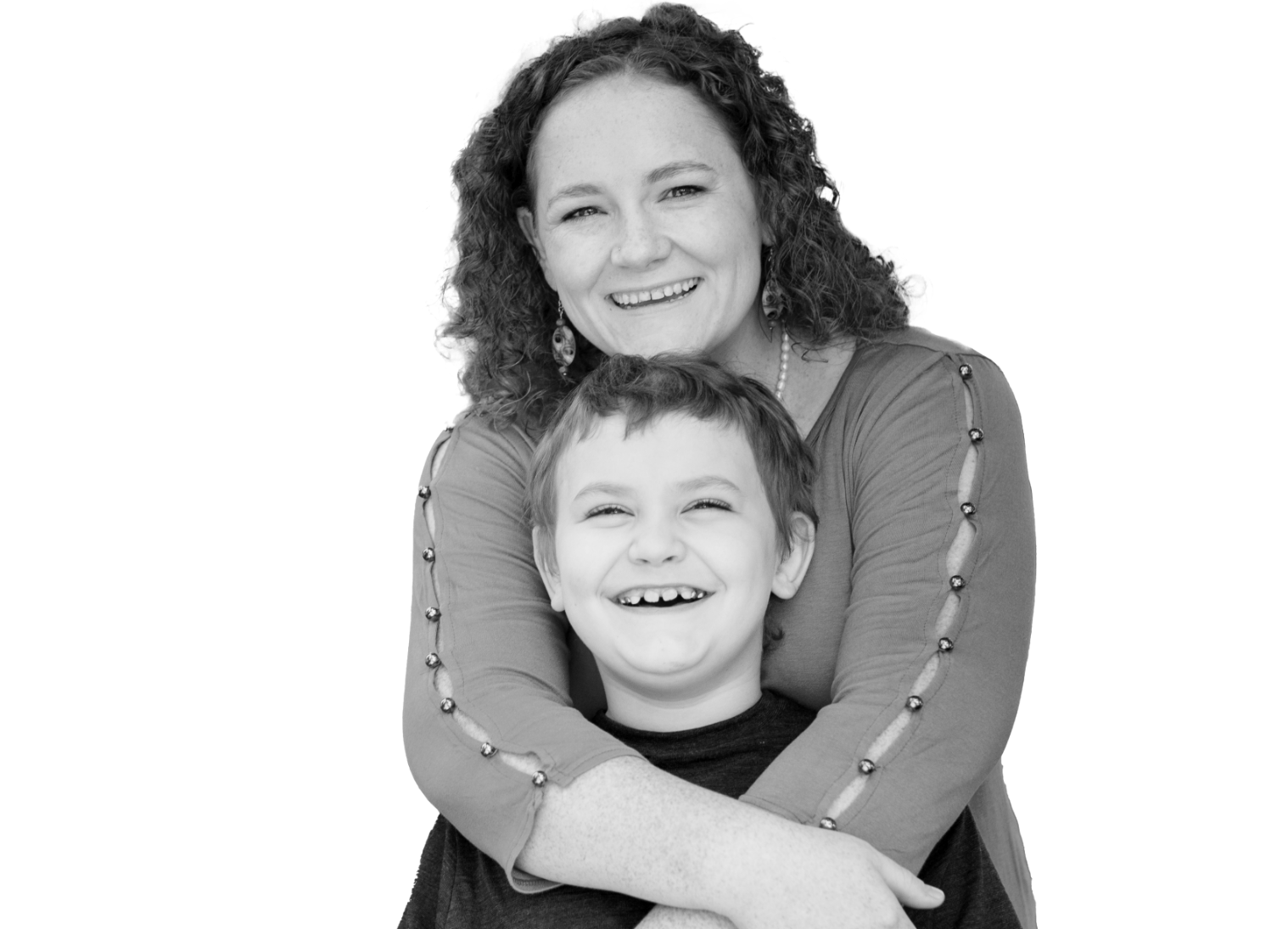what is autosomal dominant hypocalcemia type 1?
Autosomal dominant hypocalcemia type 1 (ADH1) is a common form of genetic hypoparathyroidism. Gain-of-function variants in the calcium-sensing receptor gene (CASR ) are the root cause of ADH1.1
BridgeBio is dedicated to improving the lives of people with ADH1 through the development of encaleret, an investigational, orally administered treatment targeting CASR activation. Encaleret is being developed in partnership with BridgeBio affiliate Calcilytix Therapeutics.
Our Research
about ADH1
People with autosomal dominant hypocalcemia type 1 (ADH1) carry a gain-of-function variant in the CASR gene, which encodes the calcium-sensing receptor protein (CaSR).2 CASR variants have been found to account for more than 20% of nonsurgical hypoparathyroidism cases, with an estimated 13,000 carriers in the US alone.3,4 ADH1 is often passed down from parent to child but can occur without a family history of the disease.2
The CaSR constantly monitors and balances blood calcium (Ca2+) levels by regulating parathyroid hormone (PTH) secretion and calcium (Ca2+) reabsorption in the kidneys.2,5 In ADH1, the genetic variants cause the CaSR to be more sensitive and responsive to calcium. As a result, low blood calcium levels are detected as “normal” by the CaSR.2 This false physiological perception leads to decreased secretion of PTH, low levels of calcium in the blood (hypocalcemia), and high levels of calcium in the urine (hypercalciuria).2,5
clinical features of ADH1
People with autosomal dominant hypocalcemia type 1 (ADH1) typically experience hypocalcemia, hypercalciuria, and inappropriately low levels of PTH.2 Symptoms of hypocalcemia may include severe muscle cramps, muscle spasms (tetany), a burning or prickling sensation in the hands or feet (paresthesia), and seizures.2 Hypercalciuria may result in kidney calcification (nephrocalcinosis), kidney stones (nephrolithiasis), and kidney failure.2,5
DetectHypopara™ testing program
BridgeBio offers no-charge genetic testing and counseling for people with nonsurgical hypoparathyroidism and their family members. Through the DetectHypopara program, healthcare professionals can order a no-charge test kit for their patients that screens for 26 genes associated with hypoparathyroidism, including CASR.
More information can be found at www.adh1.com >
ICD-10 code for autosomal dominant hypocalcemia
Code E20.8 has been expanded to include subcategory E20.81 (hypoparathyroidism due to impaired PTH secretion), with specific code E20.810 to identify autosomal dominant hypocalcemia type 1 or type 2.
View Disclaimer
BridgeBio provides this information for your convenience only. It does not constitute legal advice or a recommendation regarding clinical practice. Information provided is gathered from third-party sources and is subject to change without notice due to frequently changing laws, rules, and regulations. The provider has the responsibility to determine medical necessity and to submit appropriate codes and charges for care provided. BridgeBio makes no guarantee that the use of this information will prevent differences of opinion or disputes with Medicare or other payers as to the correct form of billing or the amount that will be paid to providers of services. Please contact your Medicare contractor, other payers, reimbursement specialists and/or legal counsel for interpretation of coding, coverage, and payment policies.
References
- Roszko KL, et al. Autosomal Dominant Hypocalcemia (Hypoparathyroidism) Types 1 and 2. Front Physiol. 2016;7:458.
- Roszko KL, et al. Autosomal Dominant Hypocalcemia Type 1: A Systematic Review. J Bone Miner Res. 2022;37(10):1926 – 1935.
- Dershem R, et al. Familial Hypocalciuric Hypercalcemia Type 1 and Autosomal-Dominant Hypocalcemia Type 1: Prevalence in a Large Healthcare Population. Am J Hum Genet. 2020;106(6):734 – 747.
- Mannstadt M. Next-Generation Sequencing for Detection of Underlying Genetic Causes of Nonsurgical Hypoparathyroidism: Preliminary Results from a Sponsored Testing Program. Poster presented at Endocrine Society’s Annual Meeting, 2023; Chicago, IL.
- Mannstadt M, et al. Hypoparathyroidism: Genetics and Diagnosis. J Bone Miner Res. 2022;37(12):2615 – 2629.